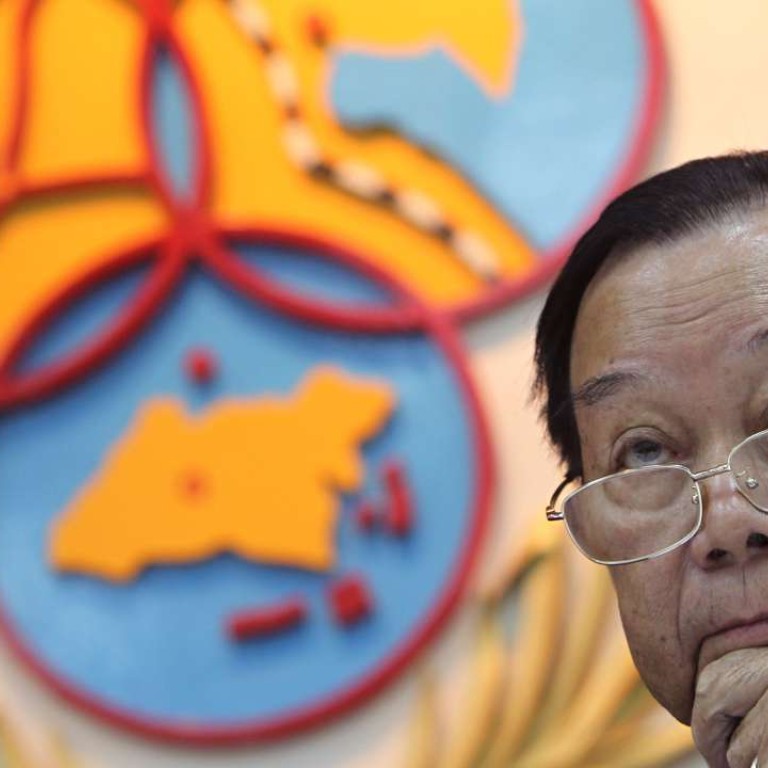
The Heung Yee Kuk: how a village governing body became an empire of rural leaders
Series of celebrations planned to mark the powerful organisation’s 90th anniversary
The Heung Yee Kuk marks its 90th anniversary this year with a series of celebrations throughout the year. But the rural body has more often made headlines for wrong reasons.
The kuk was founded in 1926 to represent the interests of indigenous villagers. It was made a statutory body in 1959 and became a government-recognised advisory body serving as a bridge between the government and rural villagers.
It has since grown into an empire of the rural leaders, whose authority had rarely been challenged until the early 1990s when the government forced through a reform allowing women villagers take part in village head elections.
The government also introduced a dual-village head system to allow non-indigenous residents to take care village affairs.
Under the present system, the indigenous head of a village is given a seat on the district’s rural committee. A rural committee chairman is given a seat in the district council and will also become an ex-officio member of the Heung Yee Kuk.
The kuk also has a seat in the Legislative Council. The long-time occupant of the seat was Lau Wong-fat, a powerful leader in Yuen Long and Tuen Mun, who served as the kuk chairman between 1980 and 2015.
Lau quit the kuk chairmanship last year and handed it over to his son Kenneth, who was also elected by fellow kuk leaders to succeed his father and take up the seat in the Legislative Council in the next term.
The kuk also takes up 26 seats in the 1,200-member Election Committee that is tasked with choosing the chief executive of Hong Kong.
As the kuk is governed by the Heung Yee Kuk Ordinance, any change of its formation would mean amending the law.
After the handover, the kuk remained an important pro-establishment political force, playing a key role in mobilising villagers to support candidates from pro-Beijing political parties.
But there have recently been rows between the kuk and the Leung Chun-ying government over both sides’ failure to discuss the future of the much-criticised small house policy.
Introduced in 1972, the policy allows indigenous male residents of old villages in the New Territories to build a village house once they reach 18 years old. Critics have said the policy is unsustainable, partly because Hong Kong is short of land but also because the population of indigenous villagers could grow forever.
The policy has also been widely abused, with people no longer living in their home village, or even in Hong Kong, still applying to build small houses for rent or sale.
Fresh controversy was sparked last December after the conviction of 11 indigenous Sha Tin villagers for illegally transferring their rights to build small houses to developers.

